How long should chicks stay in the incubator after hatching?
Picture this: you’ve been carefully tending to a clutch of eggs in your incubator, eagerly anticipating the moment when those fluffy chicks would break free from their shells and peep their way into the world. It’s a bit like waiting for a surprise gift to be unwrapped. But once the excitement settles and you have those newly hatched chicks in front of you, a question starts to nag at your mind – how long should chicks stay in the incubator after hatching? Buckle up, because we’re about to dive into the world of chick care!
The Immediate Post-Hatch Period
Before we jump into the nitty-gritty of incubator time, let’s talk about the importance of giving these fragile creatures a strong start. Imagine yourself stepping into a warm and cozy room after being outside in the rain – that’s what the incubator does for the chicks. It’s a safe haven that imitates the warmth and protection of a mother hen. Just like a baby wrapped in a soft blanket, newly hatched chicks need a bit of time to fluff up their feathers and dry off. This process usually takes a few hours and is crucial for regulating their body temperature.
Think of it as a chick spa day – they’re pampering themselves, preparing for their grand entrance into the world.
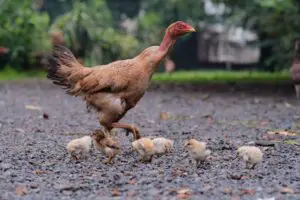

Factors That Influence Duration
Now that we’ve given our chicks some spa time, let’s talk about the waiting game. Different chicks might need varying amounts of time in the incubator before they’re ready to face the outside world. It’s a bit like having siblings with different personalities – some are raring to go, while others need an extra nudge.
Consider this: you’ve got a mix of breeds in your incubator. Some chicks, like broilers, might hatch quicker and be ready to leave the incubator sooner. On the other hand, layers might take a bit longer to fully dry off and fluff up. It’s like having a classroom full of students with varying learning speeds – you wouldn’t expect them all to grasp the material at the exact same moment.
Monitoring Chick Behavior
Okay, now let’s talk about what happens after the fluffing and drying process. It’s like watching kids on a playground – the chicks start exploring, peeping, and even having what looks like chicken conversations. This is a critical period where they’re learning important social skills from their fellow fluffy companions. It’s like they’re forming their own little chick society inside the incubator.
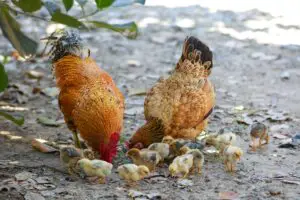

Imagine you’re at a party and you see two people striking up a conversation. You can tell they’re getting along and might become friends. Similarly, when you see your chicks bonding and interacting, you know they’re building relationships that will help them navigate the wider world once they leave the incubator.
Balancing Health and Progress
As these little peepers continue their journey, it’s essential to keep an eye on their health and development. Remember the umbilical cord? Well, chicks have something similar called a navel. Just like a healing wound, you want to make sure it’s fully healed before they venture outside. It’s like waiting for a scab to fall off before you play with a scraped knee.
And then there are the developmental milestones. Think about a baby learning to walk – those first wobbly steps are adorable and exciting, but you wouldn’t want them attempting a marathon just yet. Similarly, chicks should have their walking, eating, and drinking skills down before they’re ready to leave the incubator.
Timing is Everything
Here’s the part you’ve been waiting for – when to finally introduce your feathered friends to the big, wide world. It’s like sending your child off to school for the first time – you want them to be prepared, strong, and ready to face what lies ahead.
While there’s no one-size-fits-all answer, a general guideline is to keep chicks in the incubator for about 24 to 48 hours after hatching. But remember, it’s not just about counting hours. It’s about assessing their readiness. Just like some students might need extra time to grasp a concept before moving on, some chicks might need a bit more incubator time before they’re ready to leave.
Preparing the Brooder
Once you’ve determined that your chicks are ready to leave the cozy confines of the incubator, it’s time to set up their next abode – the brooder. This is their first real home, so you want to make it comfortable and welcoming. Think of it as their college dorm room – warm, cozy, and equipped with everything they need to thrive.
Provide them with soft bedding, a heat source, and space to roam. It’s like setting up their very own playground where they can continue to learn, grow, and spread their wings.
Signs of Overstaying
Just like you wouldn’t want to overbake a cake, you don’t want your chicks to overstay their incubator welcome. It’s like a friend lingering at a party after everyone else has left – it can get a bit awkward. If you notice signs of stress, discomfort, or restlessness, it might be time to consider moving them to the brooder. Just like recognizing when someone’s ready to leave a party, paying attention to your chicks’ behavior is key.
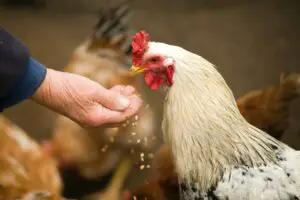

Conclusion
And there you have it – the fascinating journey of how long chicks should stay in the incubator after hatching. It’s a delicate dance between ensuring their health, monitoring their progress, and giving them the space to learn and grow. Just like nurturing any tiny being, it’s about finding that balance between protection and independence.
So, as you embark on this exciting journey with your newly hatched fluffballs, remember that you’re playing a vital role in their story. From the warmth of the incubator to the adventures of the brooder, you’re their guide through this incredible first chapter of their lives. Happy chick-raising, and may your flock flourish and thrive!
Also Read : The Mystery of the Alpha Hen
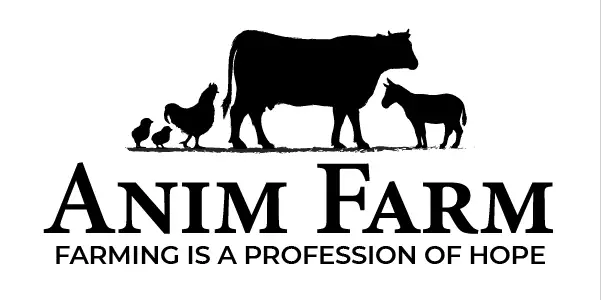
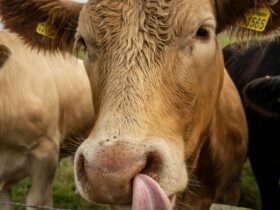
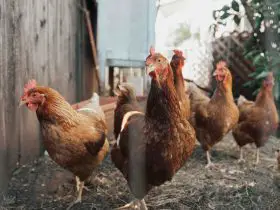

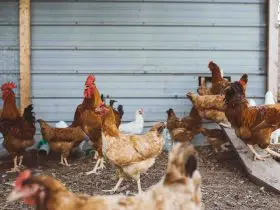
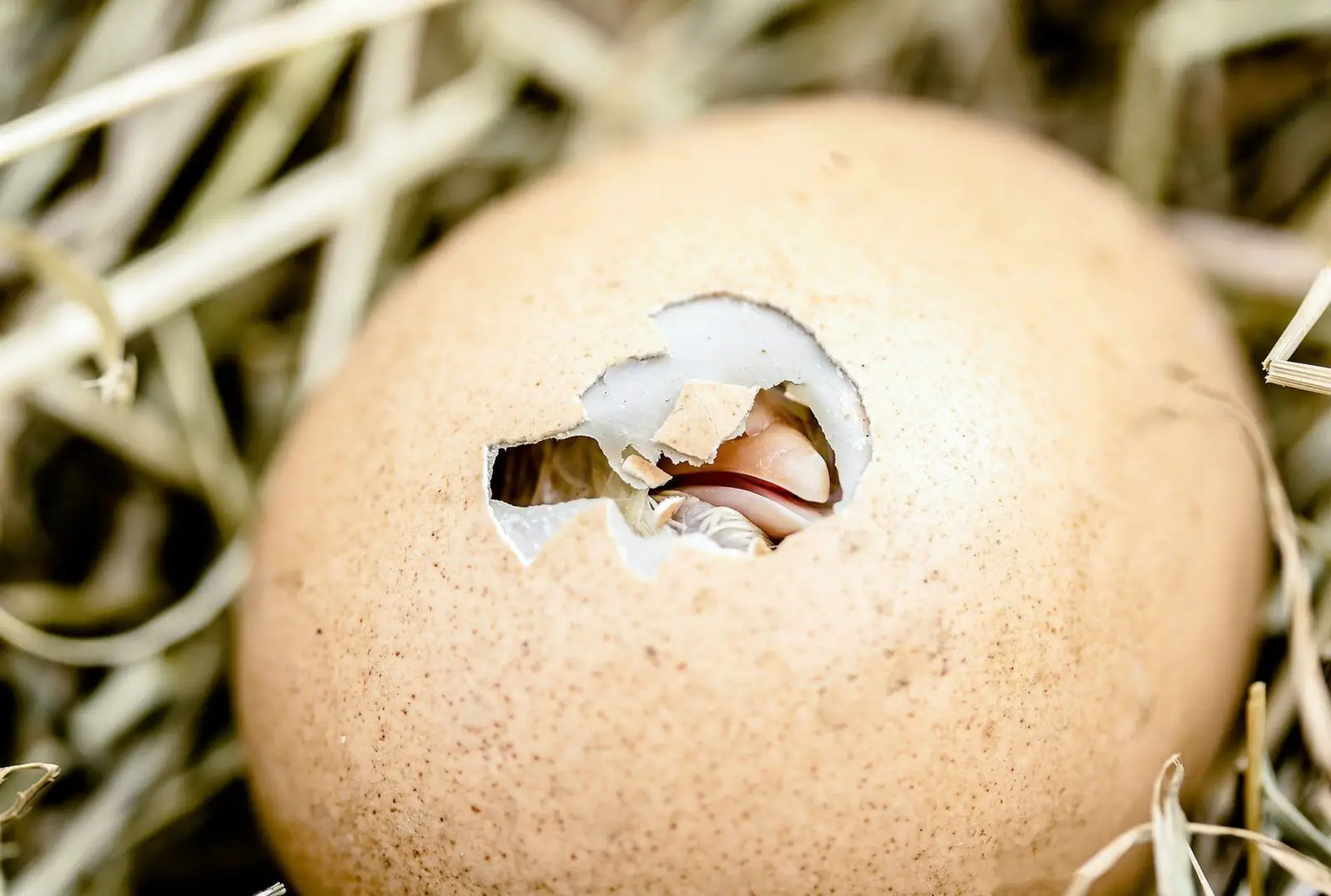

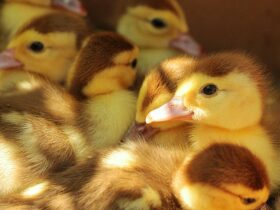
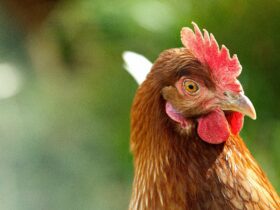
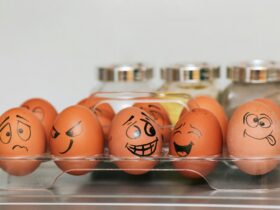
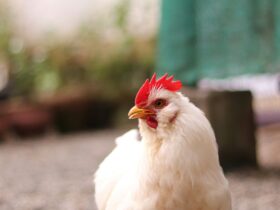

Hello!! Welcome to Anim Farm